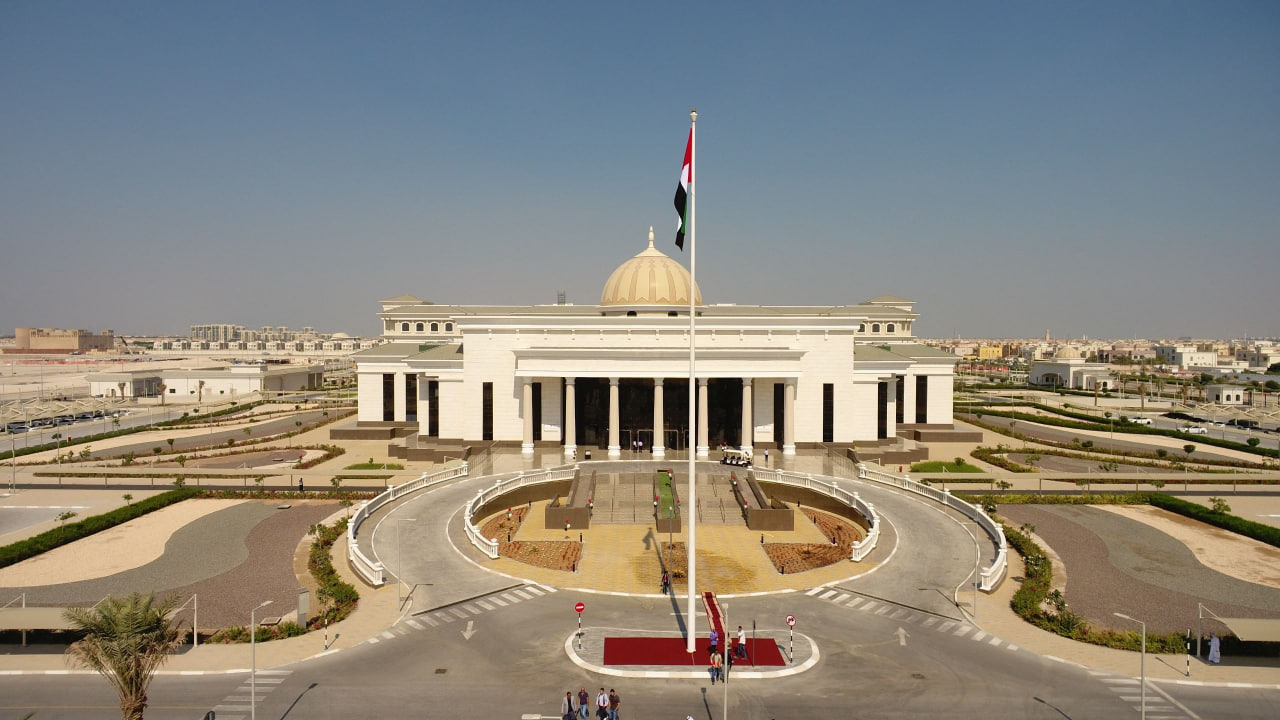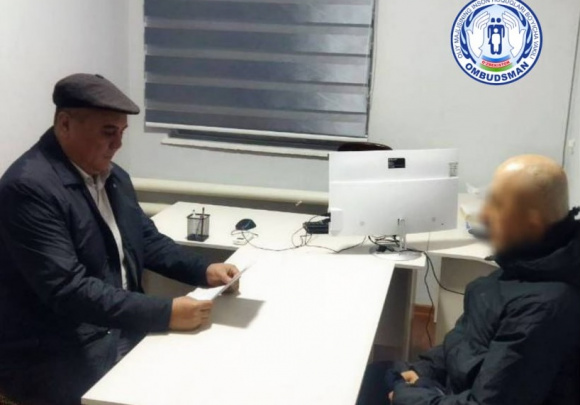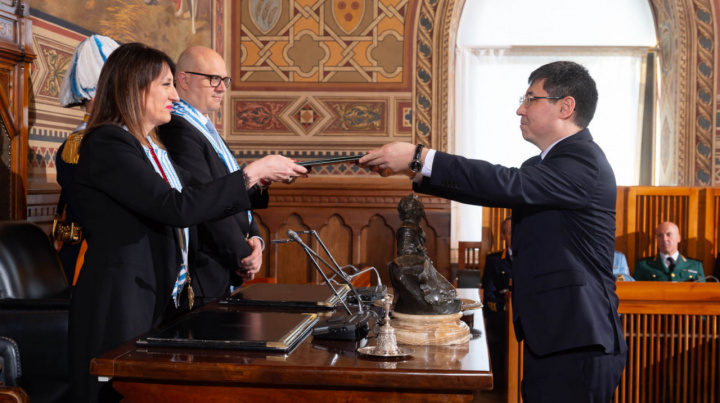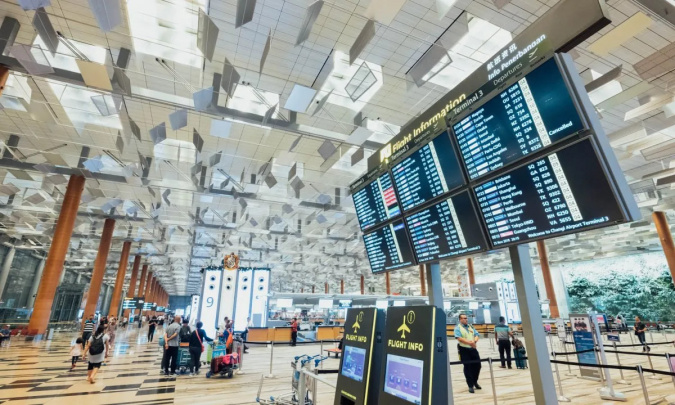UAE court issues death penalty to three Uzbek nationals accused of killing Jewish Rabbi, Uzbekistan’s MFA says “ruling is not final”
In the UAE, death penalty rulings are automatically appealed and referred to the Criminal Panel of the Supreme Court. This is not a final decision, according to information provided by Uzbekistan’s Ministry of Foreign Affairs (MFA) to Kun.uz. It has been established that the Uzbek citizens were found guilty of "premeditated murder with terrorist intent." Another defendant received a life sentence.

The Abu Dhabi Federal Court of Appeal sentenced three Uzbek citizens to death for the murder of Tsvi Kogan, an Israeli-Moldovan citizen and UAE resident. The court found them guilty of "premeditated murder with terrorist intent." The ruling was issued unanimously by the State Security Chamber of the Abu Dhabi Federal Court of Appeal on March 30.
The UAE Ministry of Interior had previously disclosed the names of the convicted individuals: Olimboy Tokhirovich, 29 years old; Mahmudjon Abdurahim, 29 years old; and Azizbek Komilovich, 34 years old.
A fourth defendant, who assisted in the crime, was sentenced to life imprisonment. After serving the sentence, the individual (or their remains) will be deported from the UAE. The nationality of this person has not been disclosed.
According to WAM News Agency, UAE Attorney General Dr. Hamad Saif Al Shamsi stated that four suspects were arrested in January 2025, and evidence was presented to the court. The State Security Prosecution submitted several pieces of evidence, including:
- Detailed confessions of the defendants regarding murder and kidnapping,
- Forensic medical examination reports,
- Post-mortem analysis results,
- Details of the weapons used in the crime,
- Testimonies from witnesses.
Under UAE law, death penalty rulings are automatically appealed and sent to the Criminal Panel of the Federal Supreme Court for review and final decision.
Uzbekistan’s MFA confirms sentencing
Uzbekistan’s Ministry of Foreign Affairs confirmed to Kun.uz that three Uzbek citizens were sentenced to death in the UAE.
"This is not a final ruling. Death penalty sentences in the UAE are automatically appealed and referred to the Criminal Panel of the Federal Supreme Court," said MFA spokesperson Akhror Burkhanov in a statement to Kun.uz. However, the MFA did not disclose Uzbekistan’s official stance regarding the sentencing of its citizens.
Earlier, Israeli media, citing government sources, reported on the ruling. Additionally, an audio recording of a conversation between one of the accused and his mother surfaced on social media. In the recording, the defendant reportedly states that he and his associates had been sentenced to death and requested a lawyer if possible.
The murder of an Israeli Rabbi and the involvement of Uzbek citizens
On November 21, 2024, in the Al Ain emirate of the UAE, the body of Tsvi Kogan, an Israeli-Moldovan citizen and UAE resident, was found with signs of violent death. The UAE Ministry of Interior detained three Uzbek citizens as suspects.
According to Israeli media, Mossad believes the suspects were linked to a group associated with Iran.
On November 25, 2024, a group of Uzbek workers in Dubai were taken into custody by police. Authorities provided no explanation, and detainees were not allowed any communication. On December 6, Uzbekistan’s MFA told Kun.uz that a diplomatic note had been sent to the UAE Ministry of Foreign Affairs, and a response was awaited.
Later, some detainees were released, others were deported, and five individuals faced criminal charges.
Tensions between Uzbekistan and the UAE over citizens' entry restrictions
On November 26, 2024, Uzbekistan’s Foreign Minister Bakhtiyor Saidov met with the Israeli Ambassador and stated that Uzbekistan was closely cooperating with UAE and Israeli authorities in the investigation.
On November 30, 2024, 31 Uzbek citizens — only men — who had flown from Tashkent to Abu Dhabi were denied entry to the UAE and were stranded at Abu Dhabi International Airport. The Uzbek Embassy in the UAE engaged with airport authorities and UAE officials to manage the situation. Later, some of the stranded citizens were returned to Uzbekistan.
On December 2, 2024, Uzbekistan’s First Deputy Foreign Minister Bahromjon Alayev met with the UAE Ambassador to Uzbekistan, Saeed Matar Al-Qamzi. They discussed the recent difficulties Uzbek citizens faced in entering the UAE and agreed on measures to resolve the situation as soon as possible.
On December 17, 2024, Foreign Minister Bakhtiyor Saidov again met with Ambassador Al-Qamzi. However, the official statement did not mention discussions regarding Uzbek citizens' issues in the UAE.
Related News

16:40 / 26.03.2025
Prisoner in Tashkent region complains to Ombudsman of torture and unjustified disciplinary action

16:27 / 26.03.2025
Uzbekistan’s first ambassador to San Marino begins diplomatic mission with credential presentation

12:40 / 26.03.2025
Three stranded Uzbek women in Dubai repatriated with Consulate’s help

15:13 / 22.03.2025



